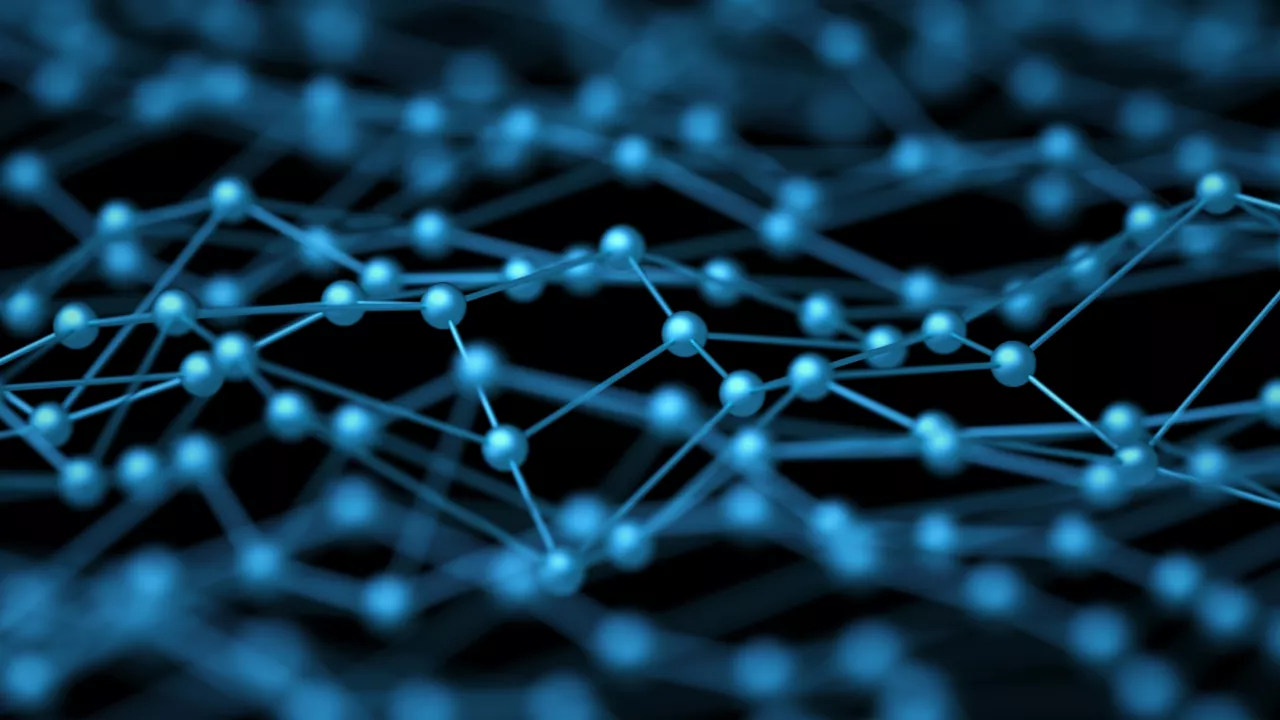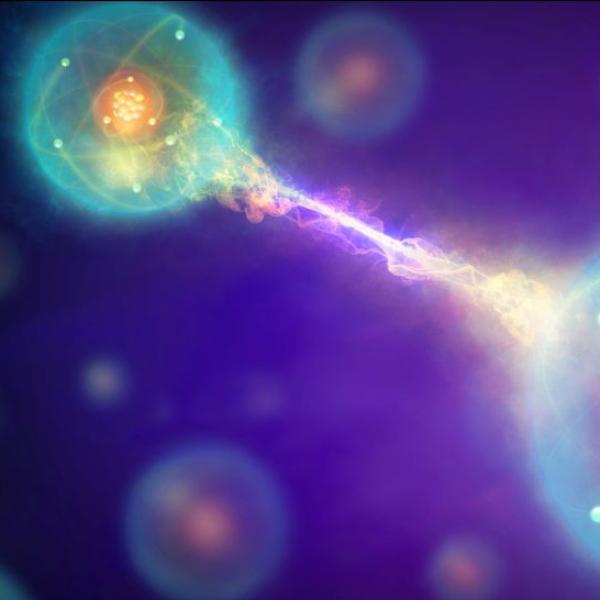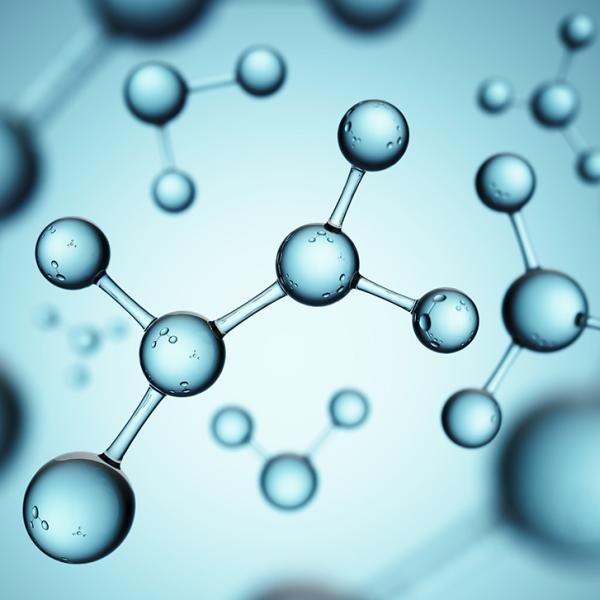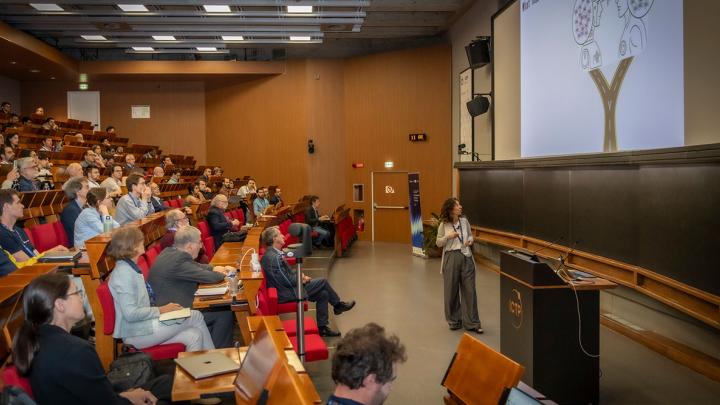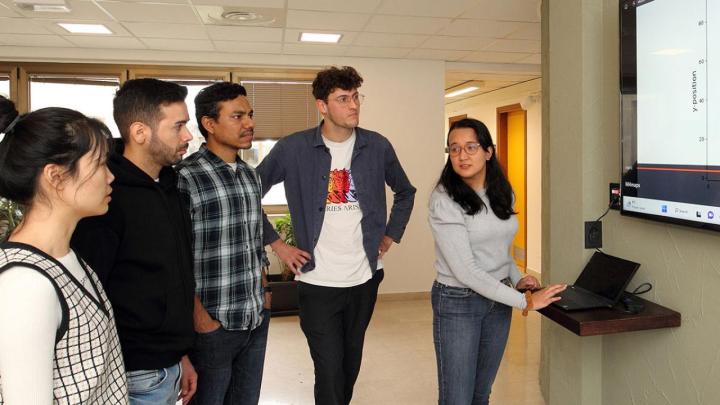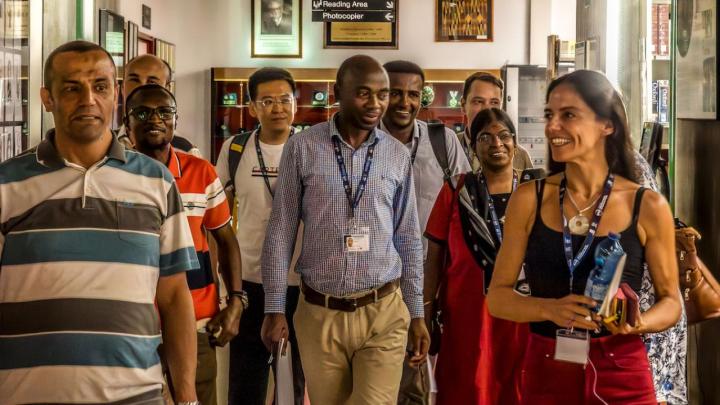The investigations of quantum many-body systems at CMSP bridges different aspects of condensed matter, statistical mechanics and quantum information. The wide spectrum of topics covered includes…
Research Areas
view allEfficient collection and storage of renewable forms of energy like solar radiation or wind requires the development of advanced functional materials. CMSP research in the field of sustainable…
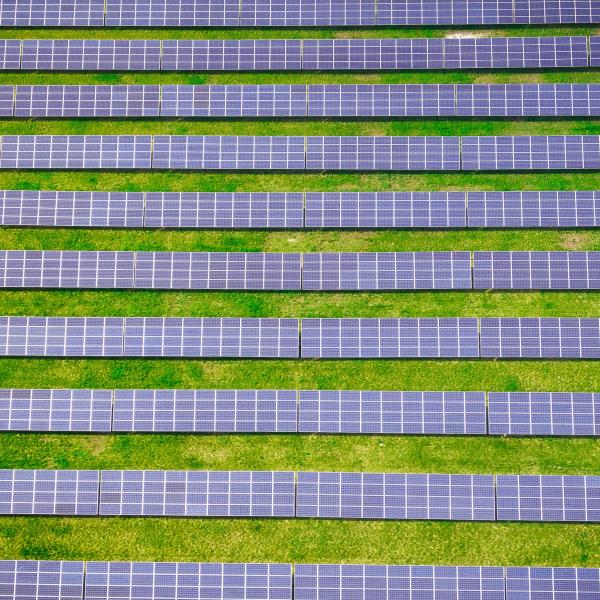
Understanding the physics of nano-devices offers the fascinating opportunity to explore quantum properties of matter at the mesoscopic level. Besides their fundamental impact on modern technology…
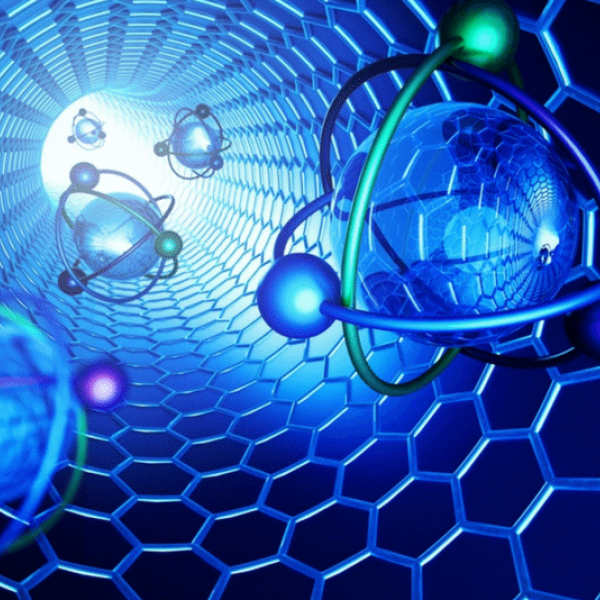
Permanent Scientists
view all membersRalph Gebauer
Head of the Section
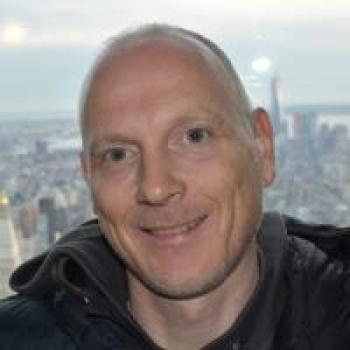
+39 040 2240 4344
rgebauer@ictp.it
LB-224
+39 040 2240 4344
LB-224
rgebauer@ictp.it
Marcello Dalmonte
Research Scientist

+39 040 2240 4350
mdalmont@ictp.it
LB-244
+39 040 2240 4350
LB-244
mdalmont@ictp.it
Rosario Fazio
Senior Research Scientist
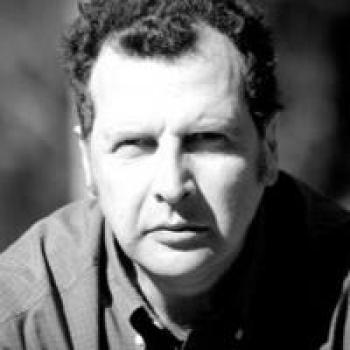
+39 040 2240 4182
fazio@ictp.it
LB-243
+39 040 2240 4182
LB-243
fazio@ictp.it
Ali Hassanali
Senior Research Scientist
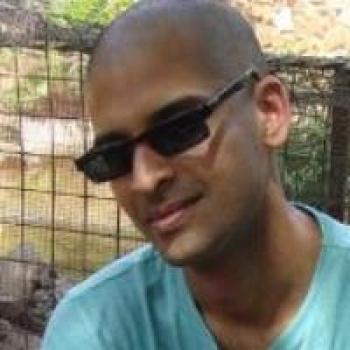
+39 040 2240 4175
ahassana@ictp.it
LB-247
+39 040 2240 4175
LB-247
ahassana@ictp.it
Asja Jelic
Research Scientist
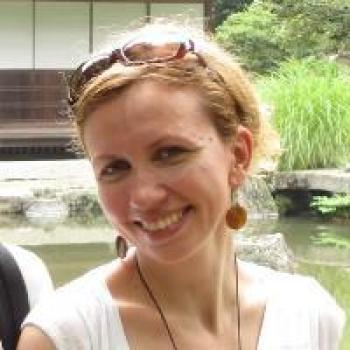
+39 040 2240 4399
asja@ictp.it
LB-263
+39 040 2240 4399
LB-263
asja@ictp.it
Mikhail Kiselev
Senior Research Scientist and Coordinator, Postgraduate Programme Unit
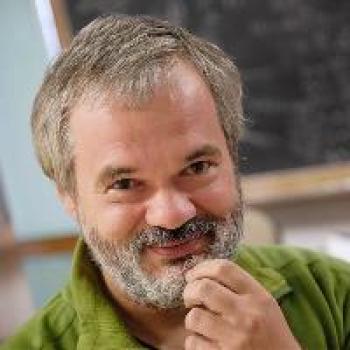
+39 040 2240 343
mkiselev@ictp.it
LB-225
+39 040 2240 343
LB-225
mkiselev@ictp.it
Sandro Scandolo
Senior Research Scientist
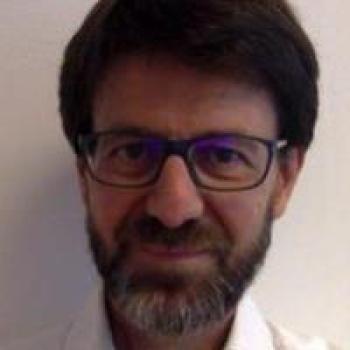
+39 040 2240 4209
scandolo@ictp.it
LB-227
+39 040 2240 4209
LB-227
scandolo@ictp.it
Antonello Scardicchio
Senior Research Scientist

+39 040 2240 4244
ascardic@ictp.it
LB-246
+39 040 2240 4244
LB-246
ascardic@ictp.it
Nicola Seriani
Associate Research Scientist
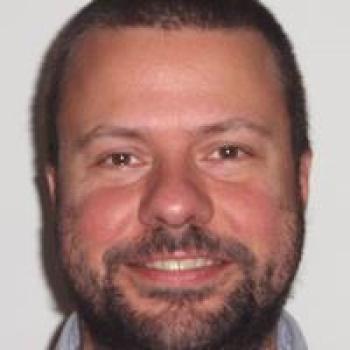
+39 040 2240 4279
nseriani@ictp.it
LB-245
+39 040 2240 4279
LB-245
nseriani@ictp.it
News
view allPublications
view all Journal article
2026
Physical Review Letters (2026)
Journal article
2026
The Journal of Chemical Physics (2026)
Journal article
2026
The Journal of Physical Chemistry C (2026)
Journal article
2026
The Journal of Physical Chemistry C (2026)
Sorry no results
cmsp


















